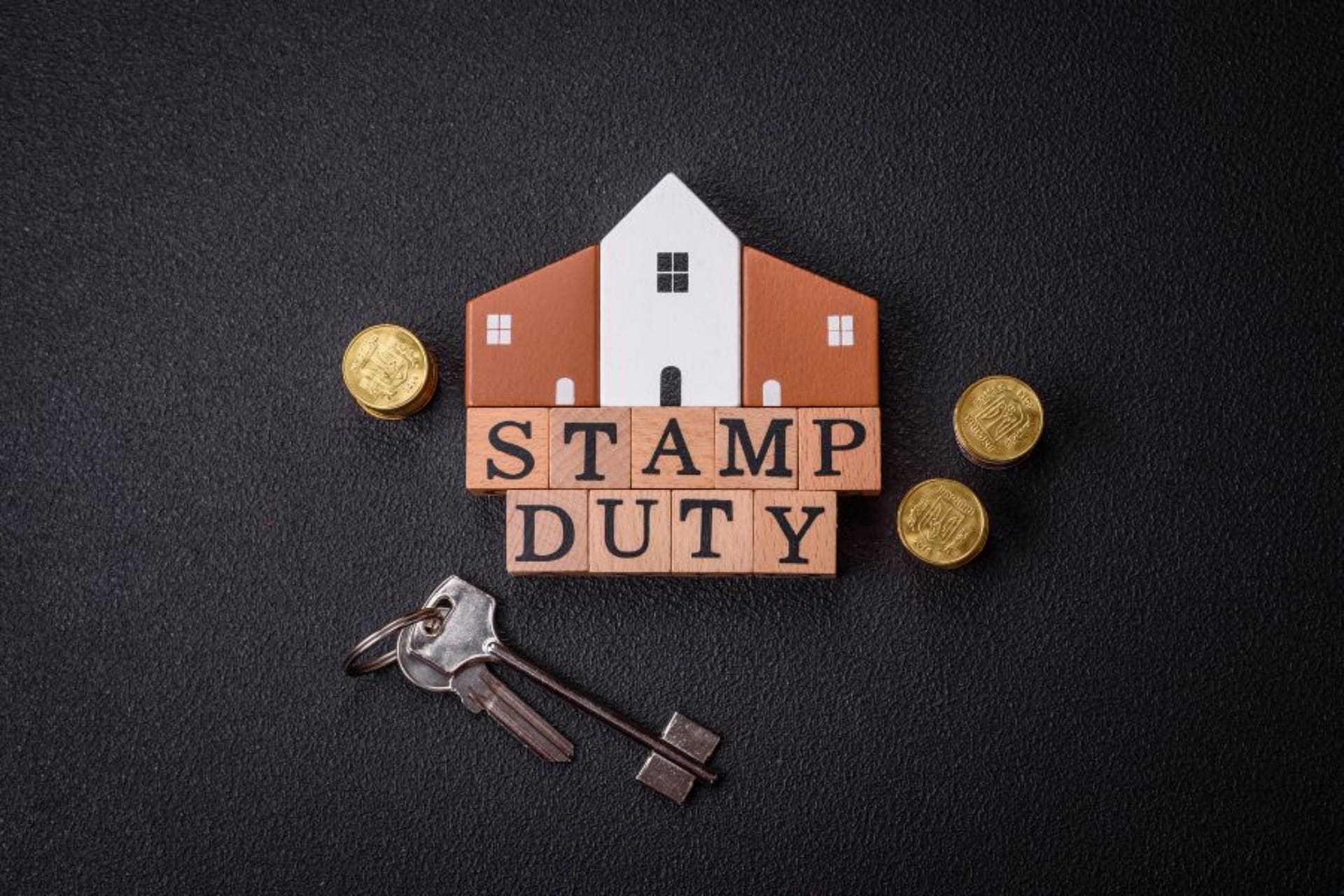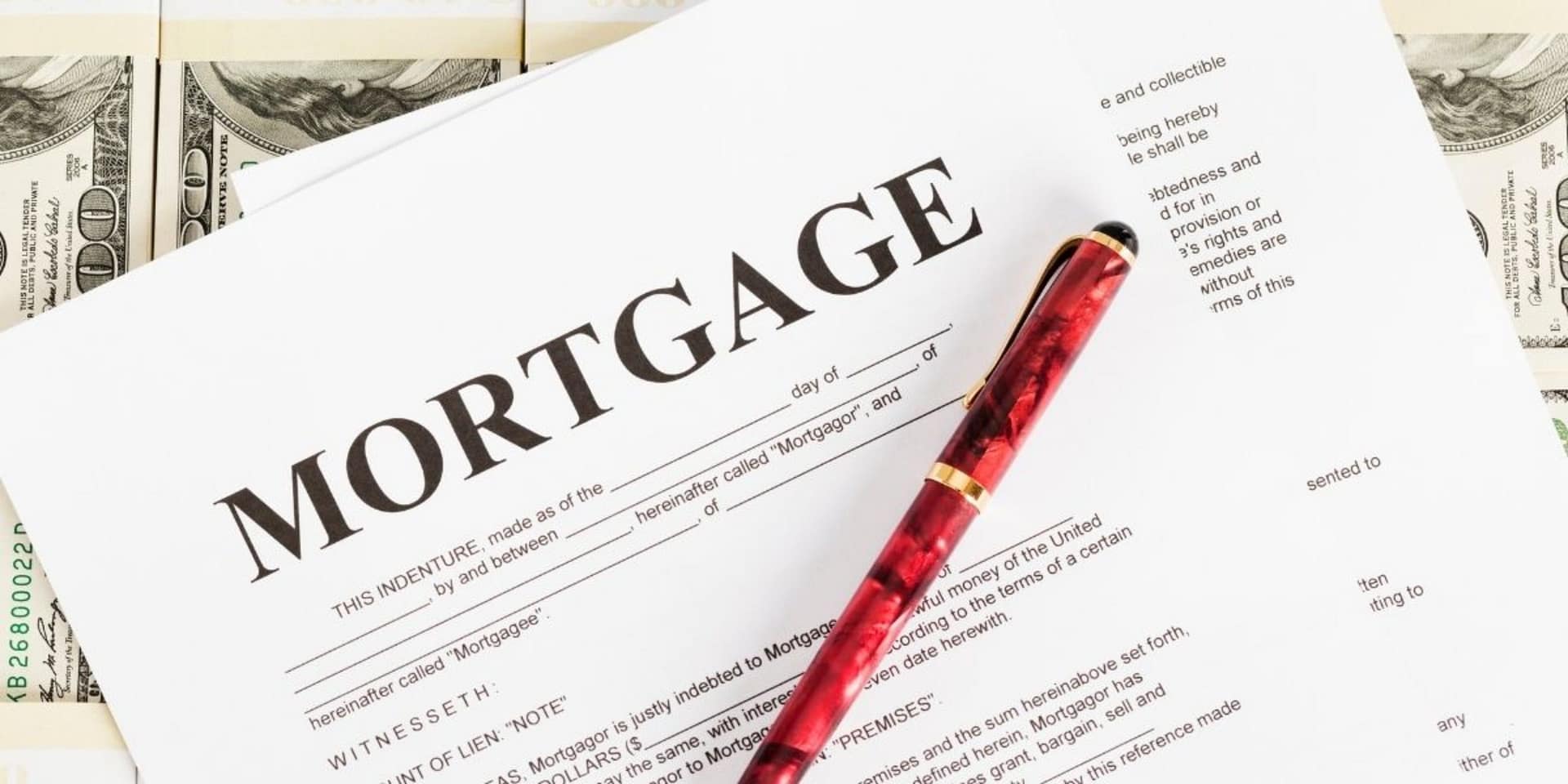Unfortunately, the short answer to this question is yes, getting scammed when buying a house, including in Australia, is possible.
Just this January of 2024, a real estate “pig butchering scam” is being investigated by the authorities, and they’re now hunting down a property swindler who bagged $8.7M with a stolen range from $20,000 to $2.1M from property investors in Melbourne.
Like many other sectors, the real estate market can be susceptible to fraudulent activities.
Purchasing a home is a significant milestone in life, often accompanied by dreams of a cozy haven and a place to call your own.
However, amidst the excitement and anticipation, it’s crucial to remain vigilant against the lurking dangers of real estate scams. While most transactions are conducted with honesty and integrity, a hidden world exists of fraudsters eager to exploit unsuspecting buyers.
In this blog post, we’ll explore the various forms these scams can take, from fake listings and impersonation to fraudulent wire transfers. By understanding the red flags and arming yourself with knowledge, you’ll be better equipped to safeguard your hard-earned money and protect your dream of homeownership.
So, before you embark on your house-hunting journey, take a moment to educate yourself about the potential pitfalls that lie ahead. Together, we can empower you to make informed decisions and steer clear of the traps set by real estate scammers.
Table of Contents
ToggleWhat Are Common Real Estate Scams?
Here are some of the most common types of real estate scams in Australia:
#1) Fake Listings
Scammers will often create fake listings for properties that don’t actually exist. They will then use these listings to lure in unsuspecting buyers, who will be asked to pay a deposit or other upfront fee. Once the scammer has the money, they will disappear without a trace.
#2) Impersonation
Scammers sometimes impersonate real estate agents or property managers to access personal information or financial details. They may also try to convince you to send them money for a property they don’t have the authority to rent or sell.
#3) Payment Redirection Scams
In this type of scam, the scammer will intercept email communication between you and your real estate agent or property manager. They will then change the bank account details so that any payments you make are sent to them instead.
#4) Man-In-The-Middle Hack
This type of scam is similar to payment redirection, but the scammer will intercept your email communication and change the link to the property listing. This will take you to a fake website that looks like the real one, where you will be asked to enter your personal and financial information.
#5) Identity Theft
Scammers can use your personal information to open new credit cards, take out loans, or even rent apartments in your name. They can also use this information to create fake listings or impersonate real estate agents.
Also read: The Dos and Don’ts of Buying Rental Property in Australia
#6) Phishing Scams
Phishing scams are emails or text messages designed to trick you into revealing personal information. These scams often look like they are from a legitimate source, such as a bank or government agency.
#7) Overseas Buying Opportunities Scams
These scams often involve promises of high returns on investment in overseas property. However, these properties often don’t exist or are not as good as advertised.
#8) Real Estate Seminar Scams
These scams often target people looking to learn more about real estate investing. The scammers promise to provide valuable information, but they will try to sell you overpriced or fraudulent products or services.
Recognising Red Flags: Signs of a House Buying Scam
Buying a house is a major life decision, and it’s important to be aware of the potential for scams. Here are some red flags to watch out for:
- The property is listed for significantly below market value. If a property is priced much lower than comparable homes in the area, it may be too good to be true. Scammers often use this tactic to lure in unsuspecting buyers.
- The seller is eager to close the deal quickly. Scammers often want to close the deal as quickly as possible so they can disappear with your money. They may pressure you to sign paperwork without giving you time to review it, or they may ask you to wire money upfront.
- The seller is not willing to meet in person. If the seller is unwilling to meet you in person or show you the property, it’s a major red flag. Scammers often avoid meeting in person because they don’t want you to see the property and realise it’s not what you expected.
- The seller is asking for personal information. Before seeing the property, scammers may ask for your personal information, such as your tax file number or bank account details. Never give out personal information to someone you don’t know and trust.
- The seller is using high-pressure sales tactics. Scammers may use high-pressure sales tactics to try to get you to sign a contract without thinking. They may tell you that the property is in high demand and that you must act quickly, or they may threaten what will happen if you don’t sign.
- The seller is unwilling to use a real estate agent or title company. A real estate agent can help you protect your interests and ensure the transaction is legitimate. A title company will conduct a title search to ensure the seller has the legal right to sell the property.
- The seller is asking you to wire money. Never wire money to someone you don’t know and trust. Wiring money is like sending cash – it’s almost impossible to trace once it’s gone.
If you see any of these red flags, walking away from the deal is important. Plenty of other houses are out there, so don’t let yourself be scammed.
The best way to prevent all these from happening to you is to consult a conveyancing service for buyers. They know all the ins and outs, steps, and property buying processes, so you’ll not get lost along the way.
Also read: The Insider’s Guide to Buying a House Off Market
The Importance of a Reliable Conveyancer
The importance of a reliable conveyancer in buying or selling property cannot be overstated.
A conveyancer is a licensed professional who specialises in the legal aspects of buying and selling real estate. Here are key reasons why having a reliable conveyancer is crucial:
- Handling Legal Documents: The process of transferring property involves complex legal documentation. A reliable conveyancer ensures that all necessary documents are correctly prepared, filed, and managed, reducing the risk of legal issues arising later.
- Conducting Searches: Conveyancers conduct various searches related to the property, such as title searches, to ensure there are no legal impediments to the sale or purchase. These searches can reveal issues like outstanding debts, easements, or zoning restrictions.
- Managing Funds: A conveyancer handles the financial aspect of the property transaction, including holding deposits in a trust and ensuring the correct disbursement of funds at settlement.
- Providing Legal Advice: They offer advice on the legal implications of contracts and agreements. A good conveyancer can explain complex legal terms in simple language, helping you understand your rights and obligations.
- Liaising with Stakeholders: Conveyancers communicate with all parties involved in the transaction, including real estate agents, lenders, and the other party’s conveyancer, ensuring the process runs smoothly.
- Problem-Solving: If any issues or disputes arise during the transaction, a reliable conveyancer can provide solutions and negotiate on your behalf.
- Protecting Your Interests: A good conveyancer prioritises your interests, ensuring that the property transaction complies with legal requirements and that your rights are protected throughout the process.
- Streamlining the Process: Their expertise and experience can streamline the property transaction, making it less stressful and more efficient.
- Providing Peace of Mind: Knowing that a skilled professional is managing the legalities of your property transaction can provide significant peace of mind during a stressful period.
Also read: How to Successfully Buy Property Interstate in Australia
Can You Get Scammed Buying a House?
Worried about being tricked when buying a house?
At CJC Law, we make sure you’re safe. We check everything carefully to keep you away from scams.
Our team knows all the tricks scammers use. With us, you can relax knowing you’re in good hands. Choose CJC Law for a home-buying experience that’s safe and honest.




